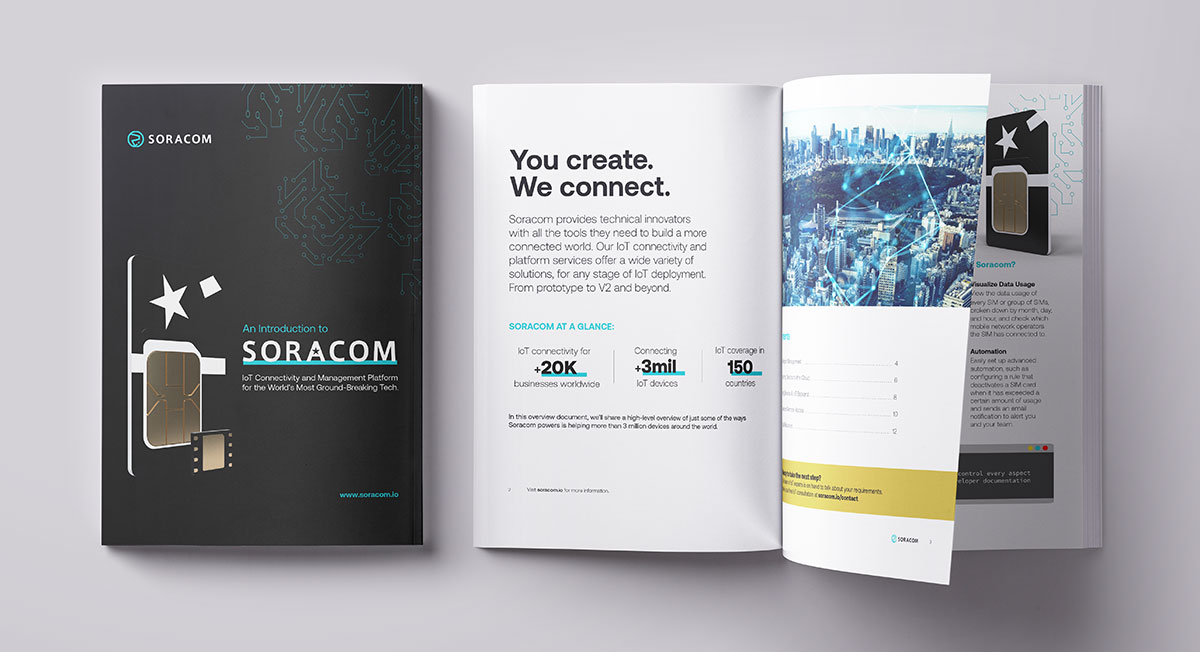What Makes for a Good IoT SIM Card Vendor?

Finding the Right IoT SIM Card

Choosing an IoT SIM card provider for your project deployment can be a daunting task. Expected to reach a global value of $318 billion by 2023, the IoT market can feel like a crowded and confusing place.
As a first step, look at the specific needs of your project, including location, number of devices, and whether they are fixed (sensors on a factory floor, for example) or roaming (connected vehicles). From there, choose the IoT SIM card form factors and network protocols that will best serve your initiative.
Then, look for a vendor that fits your project’s needs and can provide these key value-added services:
- Global Connectivity: Securing your connectivity from all over the world
One of the advantages of using IoT SIM cards instead of consumer SIMs is the flexibility to connect across carriers and network protocols around the world. Many IoT SIM card vendors offer global connectivity—but make sure they also enable multi-network roaming rather than taking a steered approach. Steered IoT SIM cards can limit connectivity by forcing a device to connect to a “favorite” network rather than the strongest available network in a given location. If your wireless devices need to stay online 24/7, steered IoT SIM cards could pose a problem because if the favored signal fades, your connection can be interrupted. - Remote Management: Maximize your control
IoT SIM card vendors should offer more than just IoT hardware—because you also need a way to access devices, manage connections and harvest data. Whether they provide a full-fledged IoT platform or a simpler API, look for a vendor that gives you control of your smart devices and allows you to monitor data usage, change data transfer speeds, and stop, start, or pause connections. Make sure you can also manage your devices through the platform using IMEI, IMSI, or ICCID. - Form Factor Flexibility: The right size for your project
IoT SIM cards have shrunk considerably over the past several years, with the newest device-embedded SIM (eSIM) measuring only 6mm by 5mm. Yet most of the older, larger form factors are still available and appropriate for some devices and environments. Depending on your IoT application, your fleet might include a variety of devices that require different IoT SIM card sizes. If that’s the case, look for a vendor that offers cards with the same connectivity and features in every form factor. - Security: Protect precious data
Concerns about security surrounding IoT are widespread—and justified. According to a recent report, 48 percent of businesses are unable to even detect if any of their IoT devices suffers a breach. IoT SIM cards can be a point of vulnerability for your devices or a strong barrier against cyber attacks, depending on how they are provisioned, so take care to choose a vendor that prioritizes security. SIM card capabilities to look for include IMEI lock, which allows you to affix SIMs to specific devices to prevent tampering; and Challenge-Handshake Authentication Protocol (CHAP), which uses a three-way handshake to validate device identity. Some vendors may also offer a wide range of add-on features such as remote provisioning of security credentials, which provides an additional barrier against hacks by avoiding storage of credentials in local device memory.\ - Customer Support: Around the clock help
Solid customer support is an essential quality of any technology provider. When a device malfunctions or a connection is lost, you need ready access to experts who can help you get your IoT deployment back on track. Look for a IoT SIM card vendor that has support teams that are available often and have a strong track record for providing quick answers. - Flexible Pricing: Pricing that fits your project budget
Consumer data plans rarely work out well for IoT deployments because they are based on single devices using set data allotments. IoT devices tend to send smaller amounts of data and some may use more data than others, so it makes sense to find service providers that allow for aggregated data plans. Some IoT vendors tailor data plans for individual customers, while others use an affordable, flexible pay-as-you-go model—meaning that you pay only for the amount of data you use in a given period.
Remember, global connectivity, remote management, and form flexibility are among the most important factors to look at when vetting IoT connectivity providers. Beyond that, security and customer support can what separate the great from the good. After your IoT project passes the production phase, you’ll need to make sure you have the support and security to keep it running.



